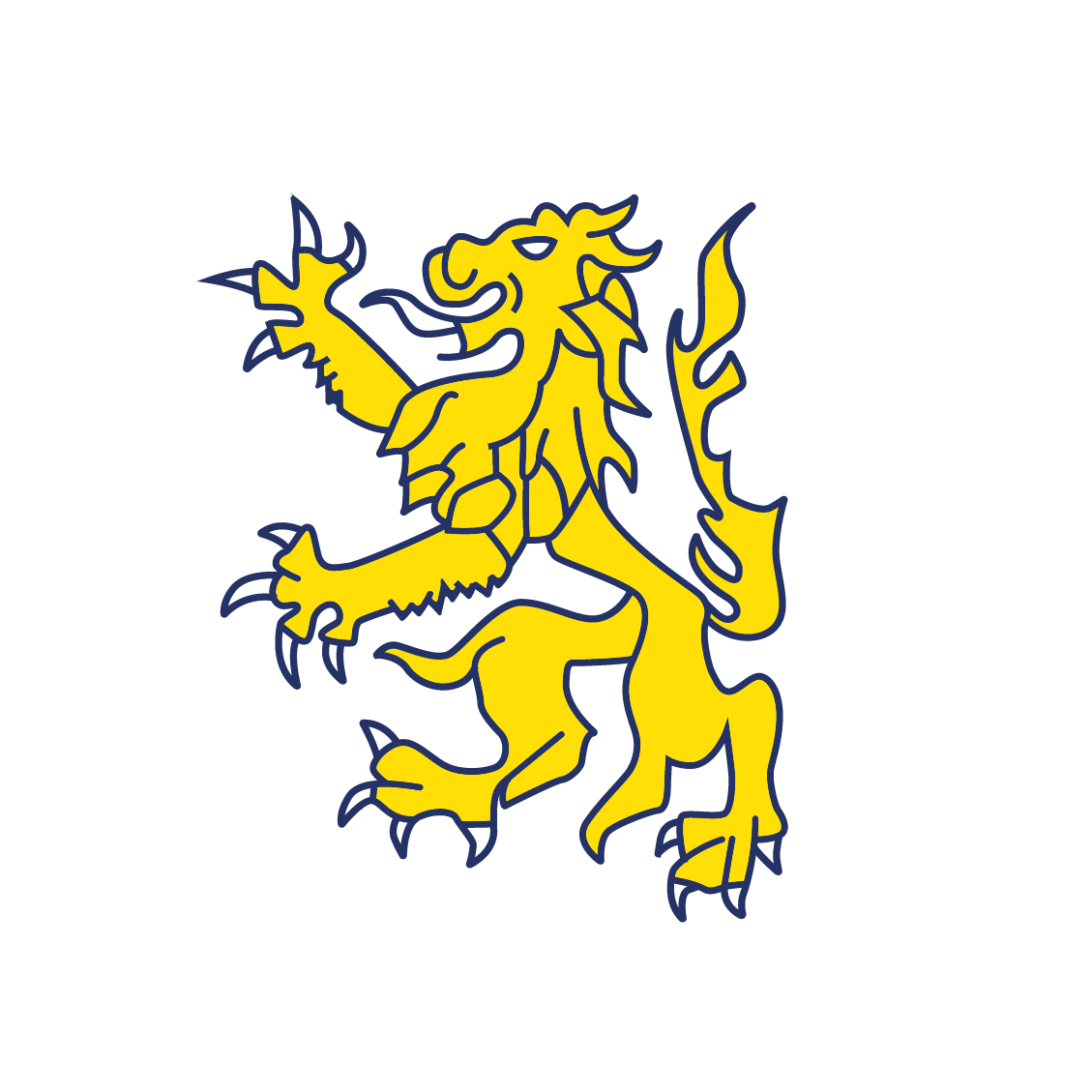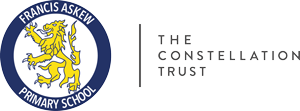
PSHE – curriculum information
Intent
Personal, Social, Health and Economic Education (PSHE) is the heart that underpins all teaching within our school. Teaching of PSHE at Francis Askew, is one of a whole school approach, which is accessible and relevant to all and that enables all children to succeed within today’s ever-changing society. We provide the opportunities for children to discuss a variety of different topics including family, wellbeing, hopes and dreams, celebrating differences, healthiness and the changing/developing body.
As a school, we pride ourselves on tackling topics that are relevant to our local area through our PSHE curriculum, this has given the children a sense of belonging and a passion for change within their local community. Through the teaching of PSHE, students will become healthy, independent and responsible members of society who can approach moral, social and cultural issues with confidence in knowing how to make the correct choices. Our children are continuously encouraged to develop their resilience and sense of self-worth by positively contributing to school life and the diverse community. We are proactive when it comes to helping children become a well-rounded individual no matter their circumstances. We pride ourselves on having highly trained ELSA’s (Emotional Literacy Support Assistants) who will provide children with extra support with pupil’s social, emotional and mental health that is run in collaboration with the children’s PSHE lessons
In our school we choose to deliver Personal, Social, Health Education using Jigsaw, the mindful approach to PSHE. The Jigsaw Programme we use at Francis Askew, offers us a comprehensive, carefully thought-through Scheme of Work which brings consistency and progression to our children’s learning in this vital curriculum area. Alongside this, our highly skilled subject leaders have carefully worked to create a Subject Progression Document where objectives for each year group are progressively mapped out towards clearly defined end points. This ensures our children will be given the required skills and knowledge they need to progress. The progressive objectives will also enable teachers to identify and plug gaps in pupils’ knowledge and skills.
Children will develop a deep understanding of key concepts as they move through our PSHE curriculum. Key concepts have been carefully considered and identified as the core knowledge and skills required to successfully progress. Opportunities to revisit and develop these key concepts are planned out carefully within JIGSAW units as the children move through the school to ensure that they are firmly embedded within their long-term memory. These key concepts compliment work carried out across the school reinforcing our 6 broad curriculum drivers (see overall Curriculum Intent). The expectation is that, by the end of primary School, children will know and understand these key concepts to continue to build on their knowledge, understanding and skills as they enter KS3.
Key concepts:
- Being me in your world (Who am I? Understanding your own identity and how I fit well in the class, school and global community)
- Celebrating differences (Understanding diversity, respect, anti-bullying including cyber and homophobic bullying)
- Dreams and goals (achievement, goal-setting, aspirations, who do I want to become and what would I like to do for work and to contribute to society)
- Healthy me (body and mind, drugs and alcohol education, self-esteem, confidence, healthy lifestyles, sleep, nutrition, rest and exercise)
- Relationships (Friends, family and other relationships, conflict resolution and communication skills, bereavement and loss)
- Changing me (Change, transition, relationships, health and Sex Education)
Children will also develop their understanding of identified second order concepts through the PSHE curriculum. These concepts branch across subjects, creating horizontal links across our whole curriculum. They aim to develop flexible knowledge and skills that children can apply to multiple curriculum areas. In PSHE children will be develop their understanding of the following second order concepts:-
- Emotional literacy – (Self-awareness, social skills, empathy, motivation, managing feelings)
- Responsibility – (Personal responsibility, responsibility towards others, relationships, world of work, staying safe, health)
- Resilience – (Developing strategies for resilience, ambition, personal best, managing emotions)
- Written and oral expression: (Using social and emotional literacy to confidently discuss personal experiences and the experiences of others in a variety of ways, making comparisons and links, explanations, awareness of audience, using evidence to support statements)
SMSC, British Values and Protected Characteristics are key strands that are embedded across the whole PSHE curriculum and are revisited and reinforced in most lessons. Therefore, the following concepts are explored through the PSHE curriculum:
| · Social development
· Moral development · Spiritual development · Cultural development · Emotional development · Democracy · Rule of Law · Individual Liberty · Mutual Respect |
· Tolerance of those of different faiths and belief
· Age · Gender Reassignment · Being Married or in a Civil Partnership · Being pregnant or on Maternity leave · Disability · Race · Religion · Sex and Sexual Orientation |
End points:
By the end of EYFS, pupils will be able to:
- Begin to develop and form positive relationships.
- Show sensitivity towards the needs of others.
- Show self-confidence and awareness by trying new things and taking risks.
- Manage feelings and behaviour.
- Show and talk about your own emotions and those of others.
- Be able to differentiate between positive and negative behaviour and understand that negative behaviour has consequences.
By the end of Key Stage 1, pupils will be able to:
- Develop your awareness of themselves in familiar contexts such as school and home.
- Understand how your behaviour impacts on others around them.
- Be able to identify what makes us all individuals and unique and celebrate diversity.
- Articulate your understanding of bullying and recognise the negative impact it has.
- Express how you can succeed and work collaboratively to achieve a goal.
- Understand how your body has changed from being a baby and describe the private parts of your bodies.
- Understand what kinds of things are healthy or unhealthy.
By the end of Key Stage 2, pupils will be able to:
- Apply your understanding of themselves and others in a wider context such as your communities and the rest of the world.
- Understand how to manage your emotions effectively.
- Understand more deeply the diverse world we live in and how discriminatory behaviour has a huge effect on people in all cultures and those who are part of the protected characteristics groups.
- Understand how your bodies change through puberty and into adulthood.
- Further your understanding of how lifestyle choices can have a dramatic effect on your health and wellbeing, including drugs, cigarettes and alcohol.
- Set themselves aspirational targets that will help them as you progress into key stage 3.
- Use the knowledge you have gained and apply it by becoming a positive role model and global citizen.
Implementation
At Francis Askew, our PSHE curriculum is carefully mapped out into a long-term plan. This outlines when key concepts will be taught and revisited and shows how these concepts progressively lead towards children achieving our identified curriculum end points. The long-term plan also enables links between subjects to be identified and carefully planned for to support children’s retention of knowledge and skills.
Short term planning in PSHE is informed by the subject’s long-term plan (which outlines the JIGSAW Unit to be taught) and Subject Progression Document. Lesson objectives are clear and sequenced so that outcomes are secure and meaningful.
All children will have access to the PSHE curriculum with work being tailored appropriately for children with SEND – modifying end points so that they are appropriate but remain aspirational. Any child working below their age-related expectation, will receive a tailored curriculum with personalised objectives. This will enable all children to build the skills and knowledge needed to bridge the gap between themselves and their peers enabling them to reach their full potential.
The development of children’s oracy is also given a high profile and is promoted through the use of subject specific terminology and vocabulary needed to work in PSHE lessons. When discussing, debating and presenting new knowledge learned within our curriculum, children will be directed to specific and progressive vocabulary.
The nature of a PSHE lesson encourages open and honest discourse between all participants in an environment that you feel safe in.
To ensure this happens:
- Teachers should allow enough time for all children to share thoughts and experiences in the safety of the classroom environment.
- The Jigsaw charter is an essential tool for the start of the lesson to remind the children of the expectations of them in the lesson.
- Teachers should not be afraid to allow the lesson to deviate if the discussion naturally moves away from the original intent however the teacher should steer this back towards achieving the learning outcome set out at the start.
- Pupils should feel confident in making mistakes and teachers should use misconceptions as a learning tool rather than telling children you are wrong.
- Discussions should lead into periods of reflection during which pupils make personal and collaborative observations about the subject matter.
- Lessons should give pupils many life comparisons so pupils can apply their learning in ‘the real world’.
- In each lesson, pupils should be able to apply what you have learned although this does not always have to be a written outcome.
- Pupils should be encouraged to make self-assessments alongside teacher assessments.
A typical teaching sequence is as follows:-
- Share Jigsaw chart – the rules of the session
- Connect Us – A connection game is used to develop pupils’ communication and problem-solving skills
- Calm Me – Mindfulness techniques are used to focus their minds and prepare for learning
- Open my mind – the learning outcome for the session is shared and pupils are asked to think.
- Tell me / show me – A stimulus is shared and the key concept or idea for the session is taught. Link to prior learning – previous learning around concept to be discussed.
- Let me learn – children are given the opportunity to apply their learning from the session.
- Reflection – children reflect on their learning from the session.
Additional to the discrete PSHE lesson, all pupils will be included in a PSHE assembly focusing on celebrating the puzzle piece for that week, a Safeguarding assembly, a Citizenship assembly and a celebration assembly. Throughout the school mindfulness will also be practiced as the children come in from lunch to prepare their minds for their afternoon of learning.
Impact
A wide range of strategies are used to measure the impact of our PSHE curriculum. Our teaching sequences allow for regular low stakes assessments of how well children are retaining key knowledge and how well they can apply the knowledge and skills learned.
Formative assessments are carried out regularly by teachers during and after each lesson, which inform future planning. Where learning is not secure, additional learning takes place to address this. Additionally, summative assessments are carried out each term by using an internal assessment tool. As a result of these assessment tools, children’s misconceptions or gaps in subject knowledge and skills are addressed and additional teaching and support is provided.
Our subject leaders also monitor the effectiveness of the PSHE curriculum through carrying out regular monitoring evaluations. These evaluations are quality assured by the Curriculum Lead, Senior Leadership, Governors and the Headstart team.
The effectiveness of PSHE is also monitored through pupil and parental voice throughout the course of the year.
